While there are several solid capital market intelligence platforms to choose from, two options have risen above the crowd—Crunchbase and PitchBook. Even though it might seem these solutions cater to the same audience, each has a distinct focus that makes it better suited for different use cases and purposes.
This Crunchbase vs. PitchBook comparison outlines all the key differences you should consider to help you choose a platform that best suits your needs. You’ll also learn about a third solution you can use to support your outbound strategy.
What Went Into Making This Comparison?
To ensure our reviews of both platforms are accurate and unbiased, we took the following steps:
- Looking into the features of both solutions—including their databases, tools, and add-ons—to highlight the main differences and determine which user groups can benefit the most from each 🔍
- Tapping into our vast network of influencers and industry experts to collect their feedback and hands-on experiences 🌐
- Examining the ratings and reviews of both platforms on reputable outlets (G2, TrustRadius, etc.) ⭐
PitchBook vs. Crunchbase—Key Differences
After taking the above steps, we’ve compared Crunchbase and PitchBook according to four factors:
- Data availability and sources
- UI and ease of use
- Integrations
- Pricing
📤 Data Availability and Sources
Private market data isn’t easy to come by, and both PitchBook and Crunchbase do a good job of letting you acquire it. PitchBook has an impressive database of over 4.2 million organizations, offering a wealth of information to power your research. Crunchbase, on the other hand, has a more focused approach, providing info on a little over 2 million companies.
The two platforms also have slightly different focal points—Crunchbase is more oriented towards startups and offers information like funding rounds, industry analysis, and investors, while PitchBook offers more in-depth insights, such as:
- Financial data and analysis
- Valuation metrics
- Debt information
These differences mean that Crunchbase and PitchBook may have different target audiences. The former might be better for companies looking for new leads, while PitchBook is better suited for VCs, PE investors, and similar users looking for strategic partnerships.
Still, both platforms excel at providing the insights you need to generate leads, such as data on a company’s decision-makers and contact information.
As for data sources, Crunchbase largely depends on its extensive network of investors and community contributors to gather its data. You can also get the Data Boost addon and access data from additional sources, including IPqwery, G2 Stack, and Aberdeen.
PitchBook, on the other hand, has a more rigorous sourcing process and uses sources like regulatory filings and primary data collected by expert researchers. The platform also gives you access to Morningstar research, which is highly regarded in the independent investment research space.
💻 UI and Ease of Use
Crunchbase offers a clean, modern user interface that makes it suitable for beginners and pros alike. The platform makes it easy to look for prospects through dozens of search filters and track your leads so that you can take action at the right time.
You also get various templates that let you perform granular searches without setting up filters from scratch. Once you open a template, you can further fine-tune your search according to different specific factors, such as:
- Last funding date, type, and amount
- Number of employees
- Similarities to specific companies

PitchBook’s user interface reflects the platform’s focus on providing complex data and reports to advanced users. The platform lets you use advanced search filters to navigate its database and sort through companies, deals, investors, buyers, public financials, and more.

Additionally, the platform offers visualization options to help you monitor industry trends and deal activity, identify emerging spaces, and quickly overview whole markets. You can also personalize your PitchBook dashboard to ensure easy access to the information that matters to you the most.
🔗 Integrations
Both Crunchbase and PitchBook offer integration options to help you streamline your processes.
With Crunchbase, you can push data to your CRM—HubSpot or Salesforce—and export contacts to Outreach so that you can launch cold campaigns based on everything you’ve gathered. Even though these integrations aren’t available with all plans, they are executed well enough to let you create a cohesive workflow.
PitchBook offers a CRM Integration addon you can use to connect it to HubSpot and Salesforce. The platform also features Direct Data, a product that lets you pull data into your system via:
- Data feed, allowing you to choose which information you need and how often you want to receive it
- API, allowing you to request the data you need when you need it
💸 Pricing
Crunchbase offers three pricing plans, as shown in the following table:
To get the most value from the platform, consider opting for the Pro or Enterprise plans as the Starter plan doesn’t include integrations, email templates, and various other features. You can access the Pro plan for free during a seven-day trial.
PitchBook doesn’t publicly disclose its pricing and plans. To learn more, you can request a quote via a web form. You can also request a free trial.
While some online discussions mention that PitchBook’s yearly pricing can reach five figures, even users who think the platform is expensive say that the time it saves and the data it provides can justify the investment.
The Verdict—Should You Use Crunchbase or PitchBook?
Based on everything you’ve seen in our review, you might feel like Crunchbase has a slight advantage—but that’s not necessarily the case. It all comes down to your budget and data needs, as PitchBook can be an excellent choice for users who are comfortable with the cost and need in-depth private market data.
To sum up:
- Crunchbase is better for users focused on attracting more customers who wish to limit their investment in a sales intelligence platform
- PitchBook is superior if you’re an advanced user looking for investors, partners, and high-ticket deals
How To Ensure You Get All the Data You Need
Platforms such as Crunchbase and PitchBook can be highly effective in their respective areas, whether you’re using them for deep financial analysis or just want quick access to startup information.
One thing that all single-source data platforms have in common, however, is that they’ll inevitably have some gaps in their coverage. They might lack a data point you need, or some of their information might be outdated.
A possible solution to that issue is to combine data from multiple sources in one platform. This approach helps fill in the gaps and cross-verify the information, giving you better chances of always having access to the up-to-date data points you need. If this sounds appealing, Clay can be a perfect choice.
Clay—Maximum Data Coverage Combined With Sales Automation
Clay is a data enrichment and sales engagement solution that helps fill your pipeline with qualified prospects and send hyper-personalized emails. The platform provides access to data from over 50 providers, allowing you to explore each one individually or through a sequential waterfall enrichment process.
With Clay, you can automate research and email writing with features like Claygent, AI enrichment, and an email builder. Thanks to its 100+ integrations, you can connect Clay with major CRMs and email senders to create a cohesive workflow.
Clay fits everyone’s budget thanks to various flexible tiers:
Tighten Your Outbound Strategy With Clay
You can sign up for Clay’s free plan in three quick steps:
- Visit Clay’s signup page
- Enter your name, email, and password
- Explore Clay’s numerous features
If you need more information about Clay, you’ll find it in the platform’s Learn hub. You can also join Clay’s Slack community to see other users’ experiences and sign up for the newsletter to receive useful advice on boosting your outbound campaigns.
💡 Keep reading: To learn more about why Clay is a better choice compared to other, similar platforms, read some of our other direct comparison pages:
While there are several solid capital market intelligence platforms to choose from, two options have risen above the crowd—Crunchbase and PitchBook. Even though it might seem these solutions cater to the same audience, each has a distinct focus that makes it better suited for different use cases and purposes.
This Crunchbase vs. PitchBook comparison outlines all the key differences you should consider to help you choose a platform that best suits your needs. You’ll also learn about a third solution you can use to support your outbound strategy.
What Went Into Making This Comparison?
To ensure our reviews of both platforms are accurate and unbiased, we took the following steps:
- Looking into the features of both solutions—including their databases, tools, and add-ons—to highlight the main differences and determine which user groups can benefit the most from each 🔍
- Tapping into our vast network of influencers and industry experts to collect their feedback and hands-on experiences 🌐
- Examining the ratings and reviews of both platforms on reputable outlets (G2, TrustRadius, etc.) ⭐
PitchBook vs. Crunchbase—Key Differences
After taking the above steps, we’ve compared Crunchbase and PitchBook according to four factors:
- Data availability and sources
- UI and ease of use
- Integrations
- Pricing
📤 Data Availability and Sources
Private market data isn’t easy to come by, and both PitchBook and Crunchbase do a good job of letting you acquire it. PitchBook has an impressive database of over 4.2 million organizations, offering a wealth of information to power your research. Crunchbase, on the other hand, has a more focused approach, providing info on a little over 2 million companies.
The two platforms also have slightly different focal points—Crunchbase is more oriented towards startups and offers information like funding rounds, industry analysis, and investors, while PitchBook offers more in-depth insights, such as:
- Financial data and analysis
- Valuation metrics
- Debt information
These differences mean that Crunchbase and PitchBook may have different target audiences. The former might be better for companies looking for new leads, while PitchBook is better suited for VCs, PE investors, and similar users looking for strategic partnerships.
Still, both platforms excel at providing the insights you need to generate leads, such as data on a company’s decision-makers and contact information.
As for data sources, Crunchbase largely depends on its extensive network of investors and community contributors to gather its data. You can also get the Data Boost addon and access data from additional sources, including IPqwery, G2 Stack, and Aberdeen.
PitchBook, on the other hand, has a more rigorous sourcing process and uses sources like regulatory filings and primary data collected by expert researchers. The platform also gives you access to Morningstar research, which is highly regarded in the independent investment research space.
💻 UI and Ease of Use
Crunchbase offers a clean, modern user interface that makes it suitable for beginners and pros alike. The platform makes it easy to look for prospects through dozens of search filters and track your leads so that you can take action at the right time.
You also get various templates that let you perform granular searches without setting up filters from scratch. Once you open a template, you can further fine-tune your search according to different specific factors, such as:
- Last funding date, type, and amount
- Number of employees
- Similarities to specific companies

PitchBook’s user interface reflects the platform’s focus on providing complex data and reports to advanced users. The platform lets you use advanced search filters to navigate its database and sort through companies, deals, investors, buyers, public financials, and more.

Additionally, the platform offers visualization options to help you monitor industry trends and deal activity, identify emerging spaces, and quickly overview whole markets. You can also personalize your PitchBook dashboard to ensure easy access to the information that matters to you the most.
🔗 Integrations
Both Crunchbase and PitchBook offer integration options to help you streamline your processes.
With Crunchbase, you can push data to your CRM—HubSpot or Salesforce—and export contacts to Outreach so that you can launch cold campaigns based on everything you’ve gathered. Even though these integrations aren’t available with all plans, they are executed well enough to let you create a cohesive workflow.
PitchBook offers a CRM Integration addon you can use to connect it to HubSpot and Salesforce. The platform also features Direct Data, a product that lets you pull data into your system via:
- Data feed, allowing you to choose which information you need and how often you want to receive it
- API, allowing you to request the data you need when you need it
💸 Pricing
Crunchbase offers three pricing plans, as shown in the following table:
To get the most value from the platform, consider opting for the Pro or Enterprise plans as the Starter plan doesn’t include integrations, email templates, and various other features. You can access the Pro plan for free during a seven-day trial.
PitchBook doesn’t publicly disclose its pricing and plans. To learn more, you can request a quote via a web form. You can also request a free trial.
While some online discussions mention that PitchBook’s yearly pricing can reach five figures, even users who think the platform is expensive say that the time it saves and the data it provides can justify the investment.
The Verdict—Should You Use Crunchbase or PitchBook?
Based on everything you’ve seen in our review, you might feel like Crunchbase has a slight advantage—but that’s not necessarily the case. It all comes down to your budget and data needs, as PitchBook can be an excellent choice for users who are comfortable with the cost and need in-depth private market data.
To sum up:
- Crunchbase is better for users focused on attracting more customers who wish to limit their investment in a sales intelligence platform
- PitchBook is superior if you’re an advanced user looking for investors, partners, and high-ticket deals
How To Ensure You Get All the Data You Need
Platforms such as Crunchbase and PitchBook can be highly effective in their respective areas, whether you’re using them for deep financial analysis or just want quick access to startup information.
One thing that all single-source data platforms have in common, however, is that they’ll inevitably have some gaps in their coverage. They might lack a data point you need, or some of their information might be outdated.
A possible solution to that issue is to combine data from multiple sources in one platform. This approach helps fill in the gaps and cross-verify the information, giving you better chances of always having access to the up-to-date data points you need. If this sounds appealing, Clay can be a perfect choice.
Clay—Maximum Data Coverage Combined With Sales Automation
Clay is a data enrichment and sales engagement solution that helps fill your pipeline with qualified prospects and send hyper-personalized emails. The platform provides access to data from over 50 providers, allowing you to explore each one individually or through a sequential waterfall enrichment process.
With Clay, you can automate research and email writing with features like Claygent, AI enrichment, and an email builder. Thanks to its 100+ integrations, you can connect Clay with major CRMs and email senders to create a cohesive workflow.
Clay fits everyone’s budget thanks to various flexible tiers:
Tighten Your Outbound Strategy With Clay
You can sign up for Clay’s free plan in three quick steps:
- Visit Clay’s signup page
- Enter your name, email, and password
- Explore Clay’s numerous features
If you need more information about Clay, you’ll find it in the platform’s Learn hub. You can also join Clay’s Slack community to see other users’ experiences and sign up for the newsletter to receive useful advice on boosting your outbound campaigns.
💡 Keep reading: To learn more about why Clay is a better choice compared to other, similar platforms, read some of our other direct comparison pages:




















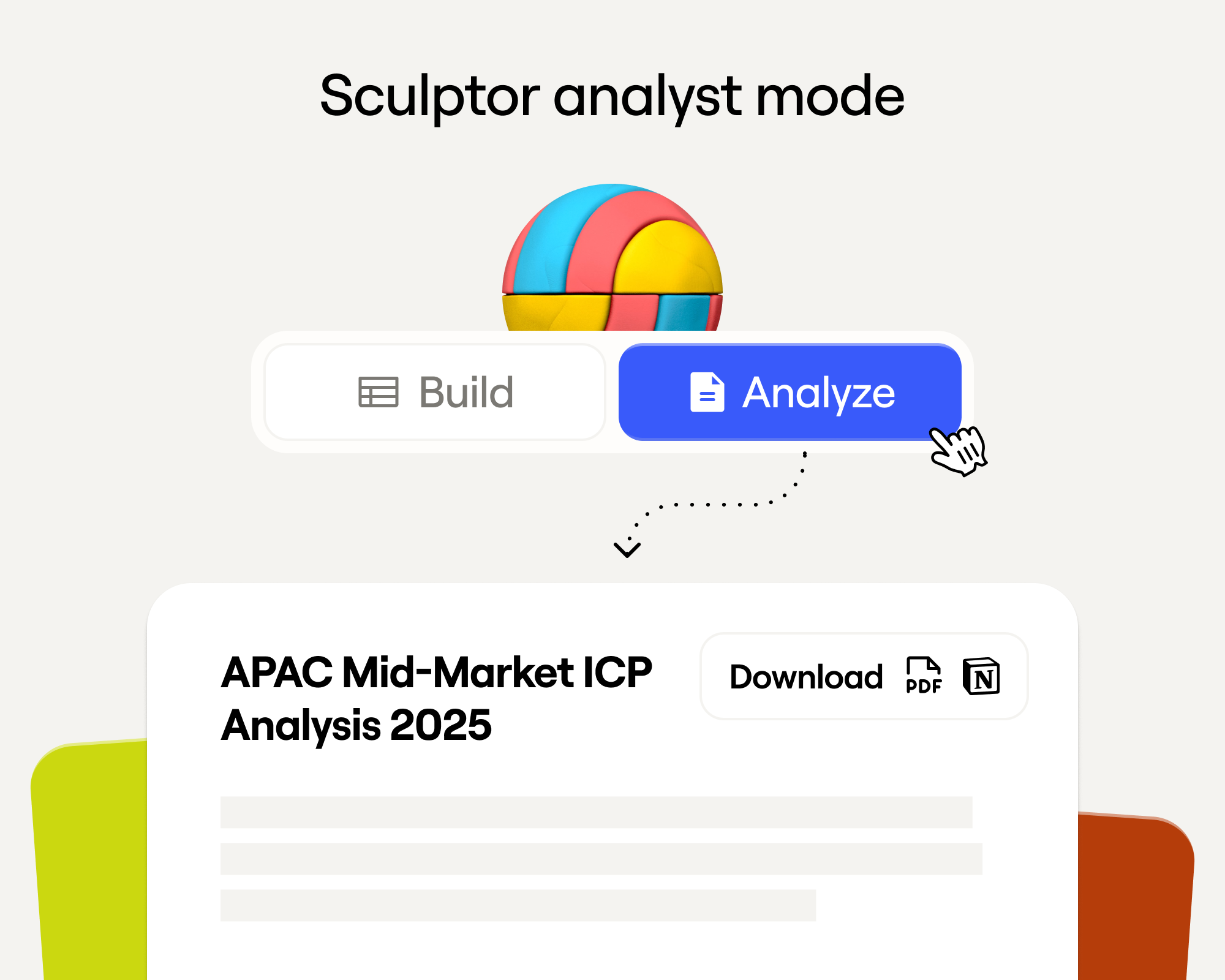

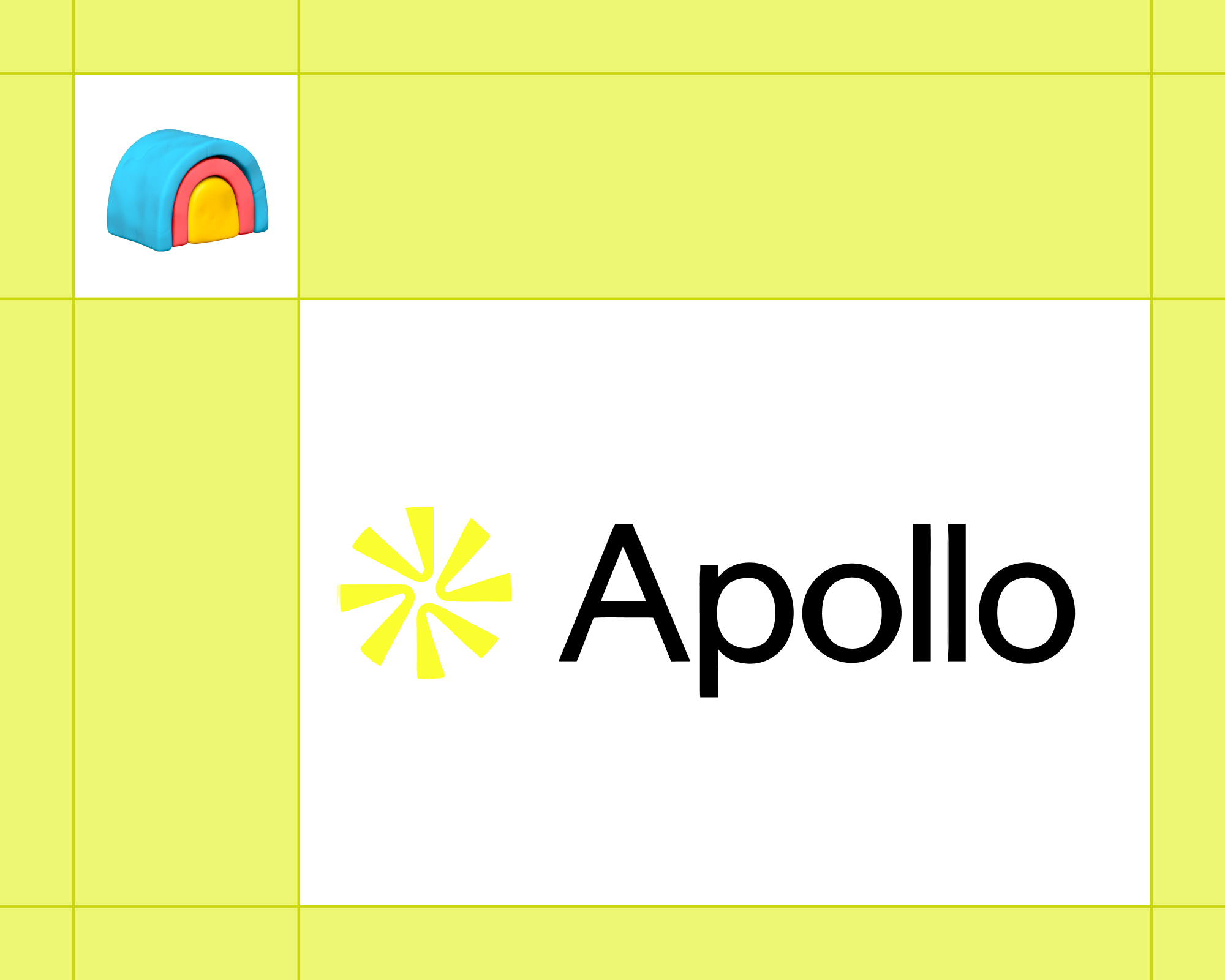


.webp)

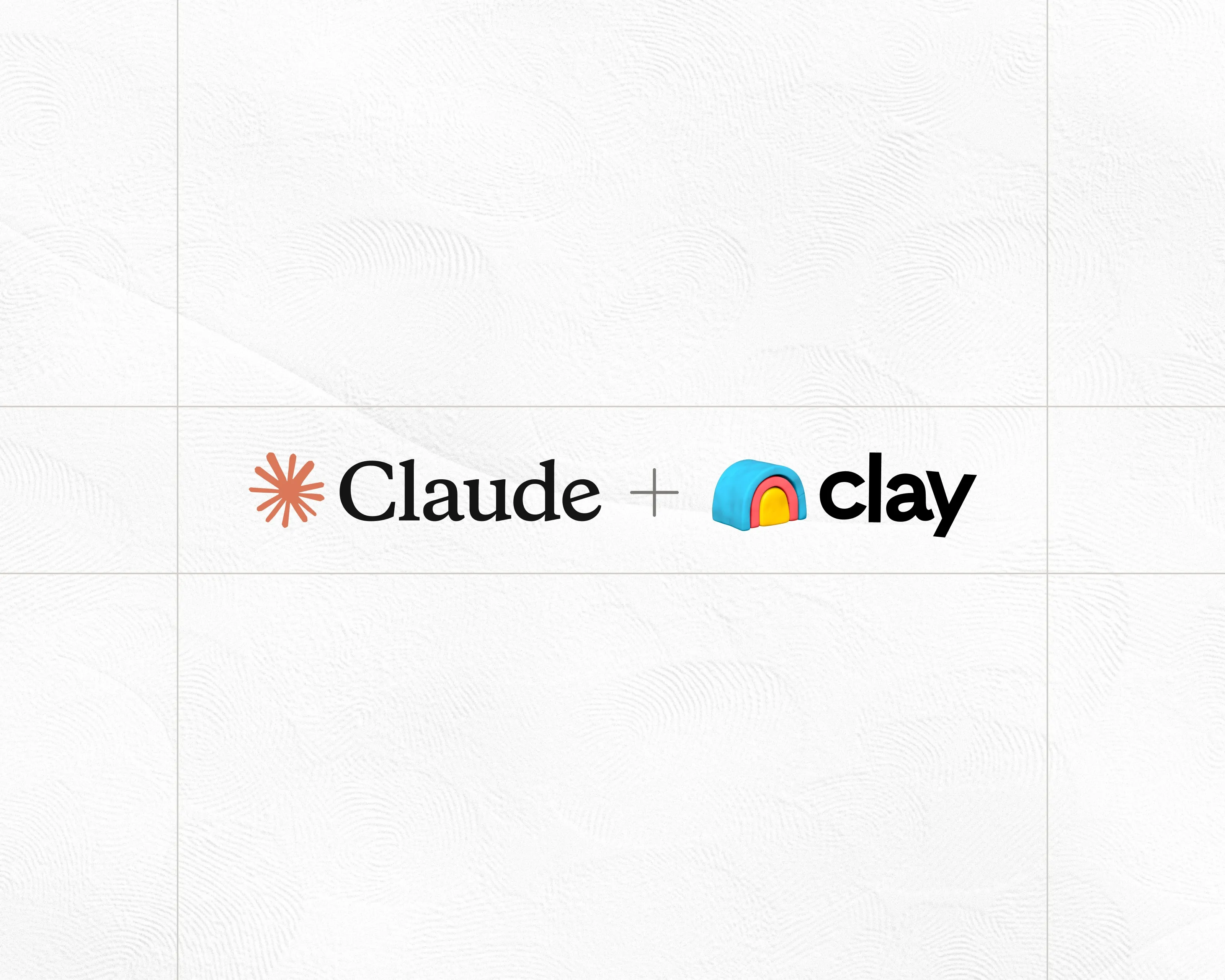
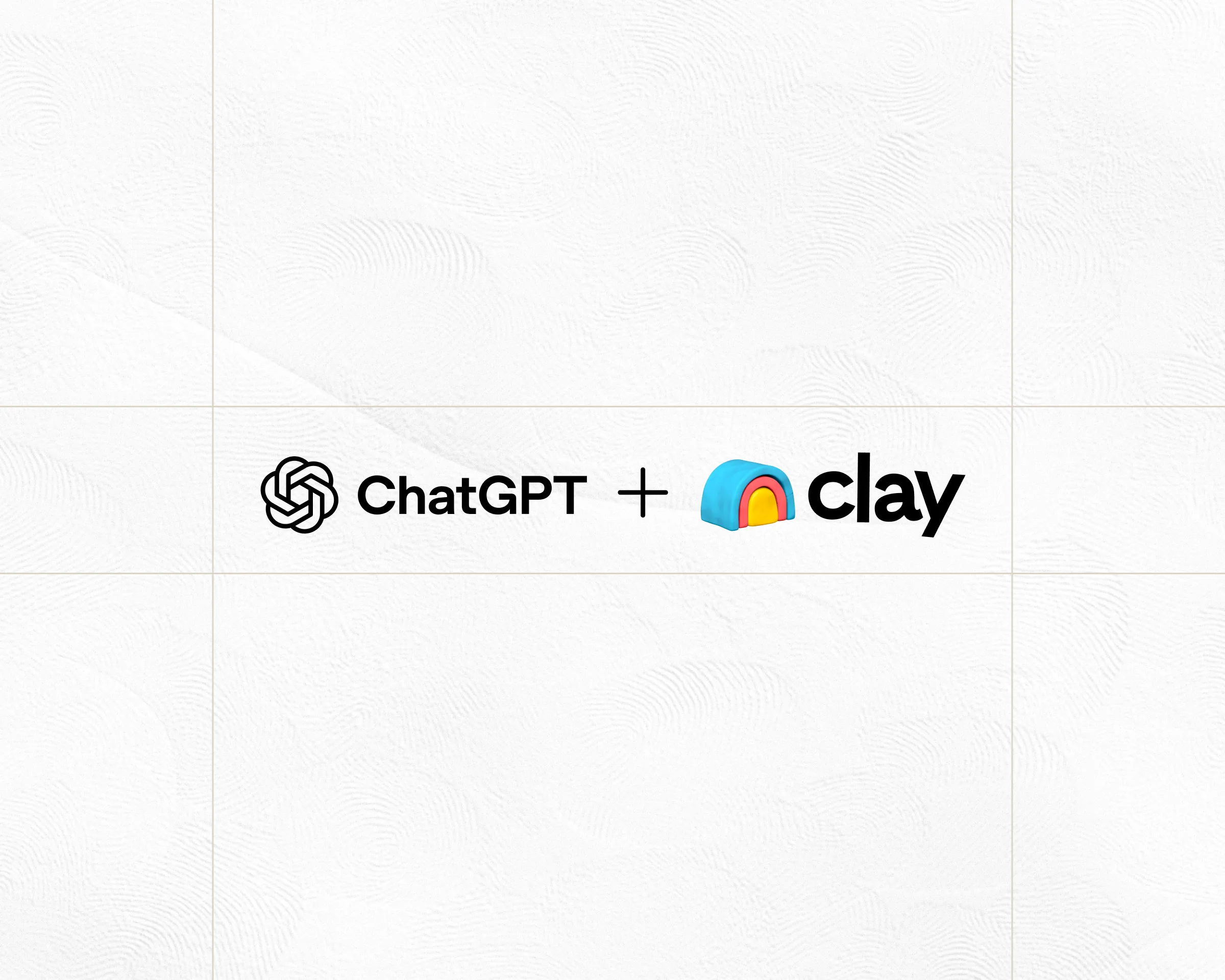
.webp)




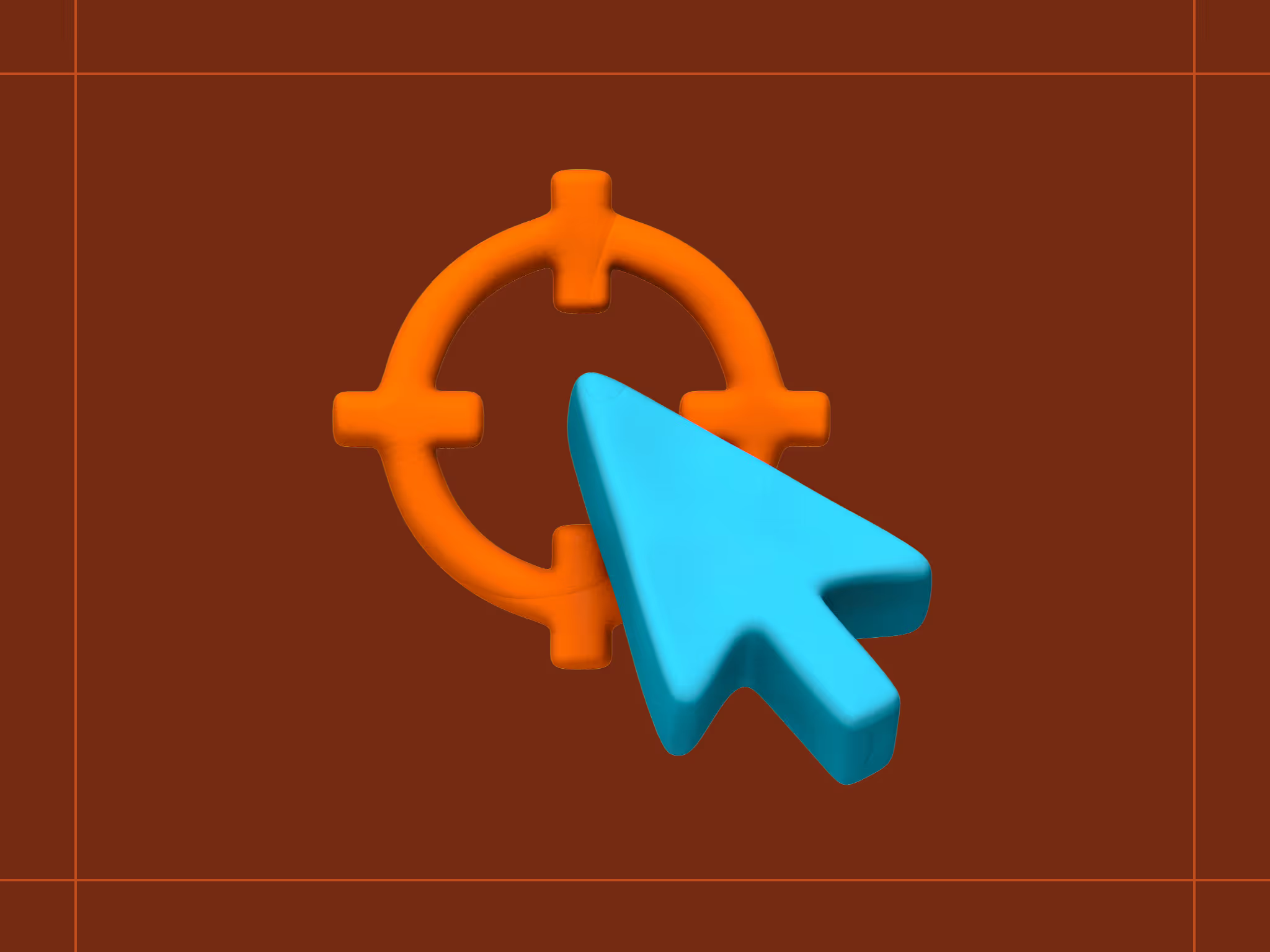

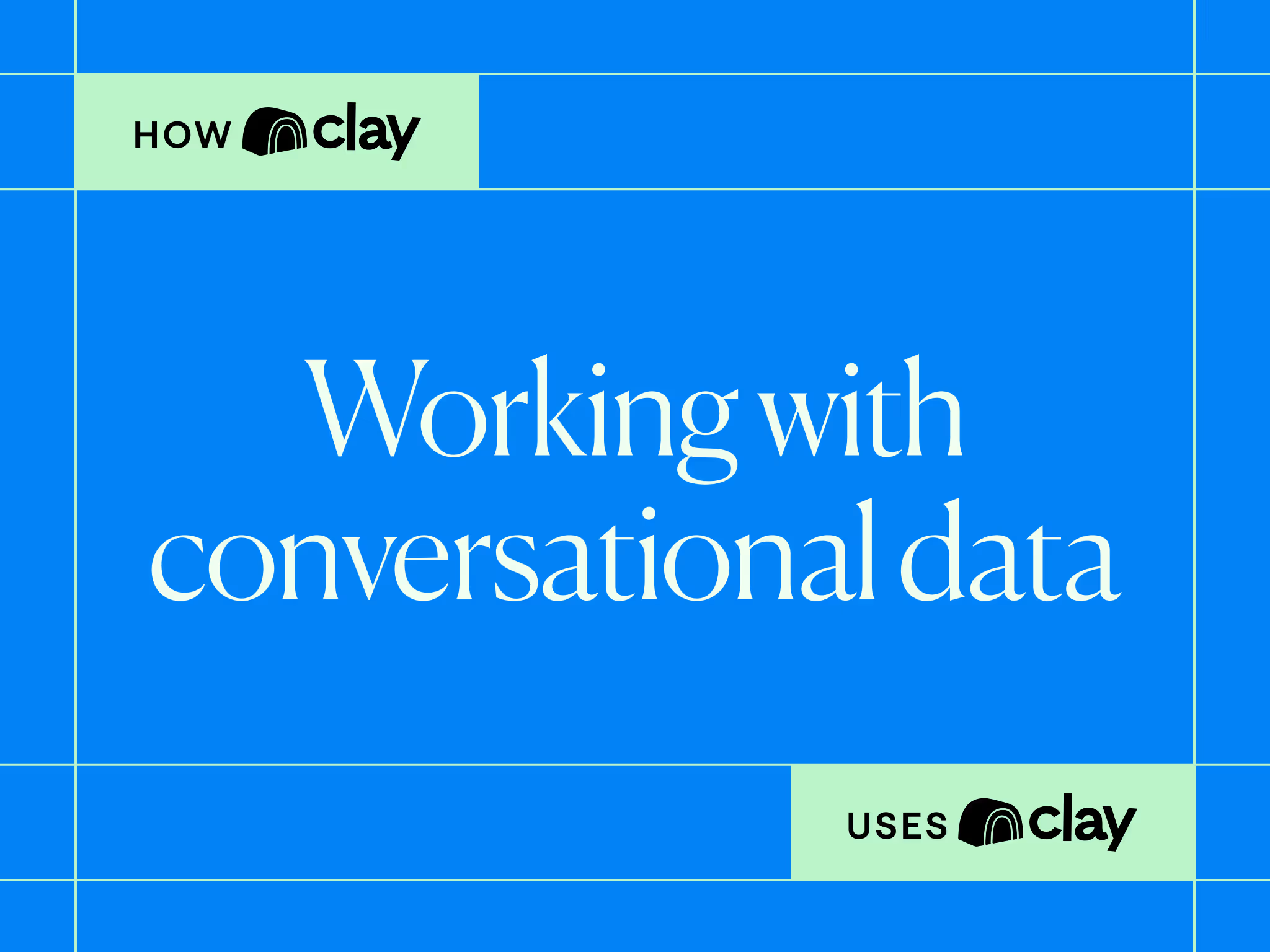
.avif)











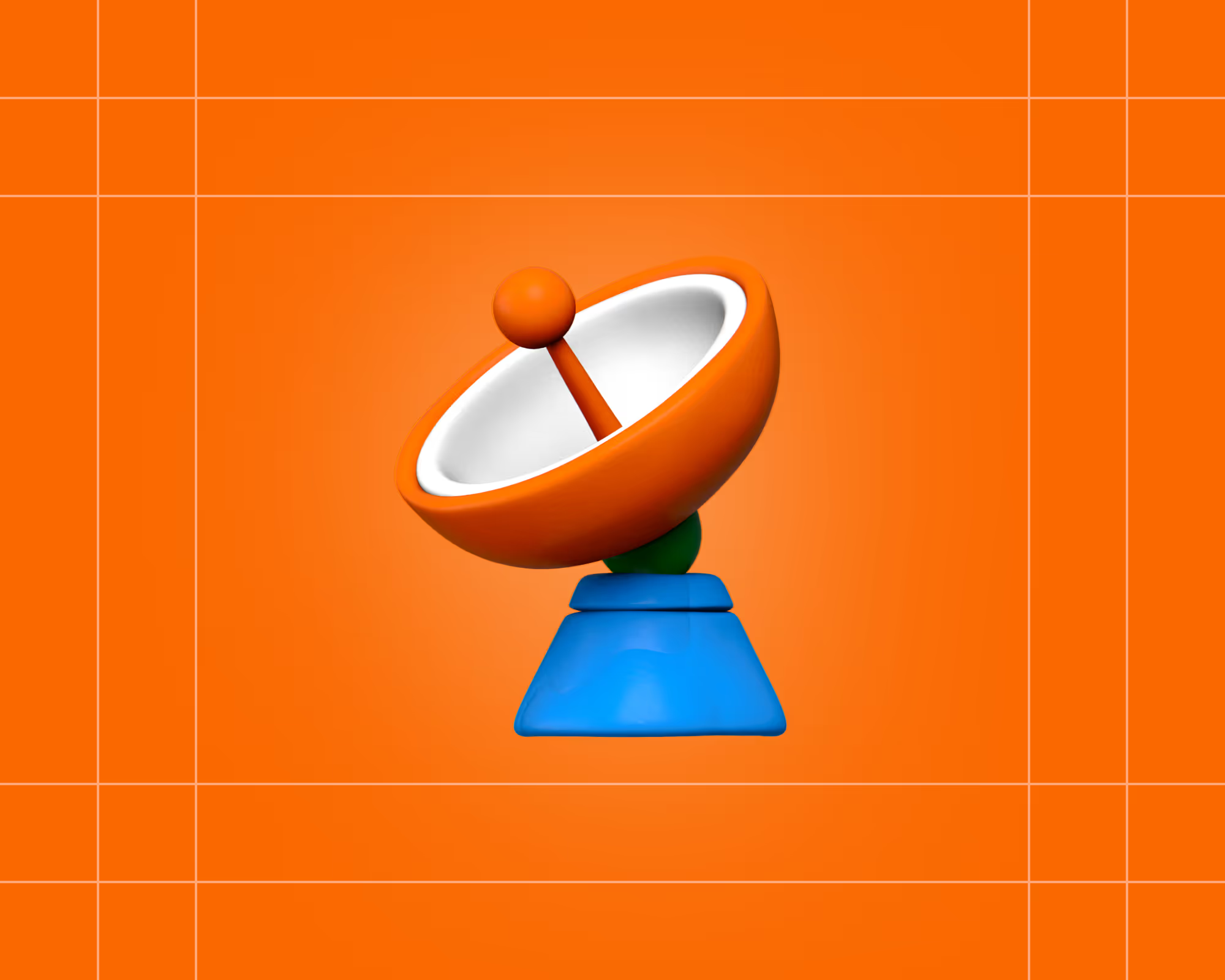


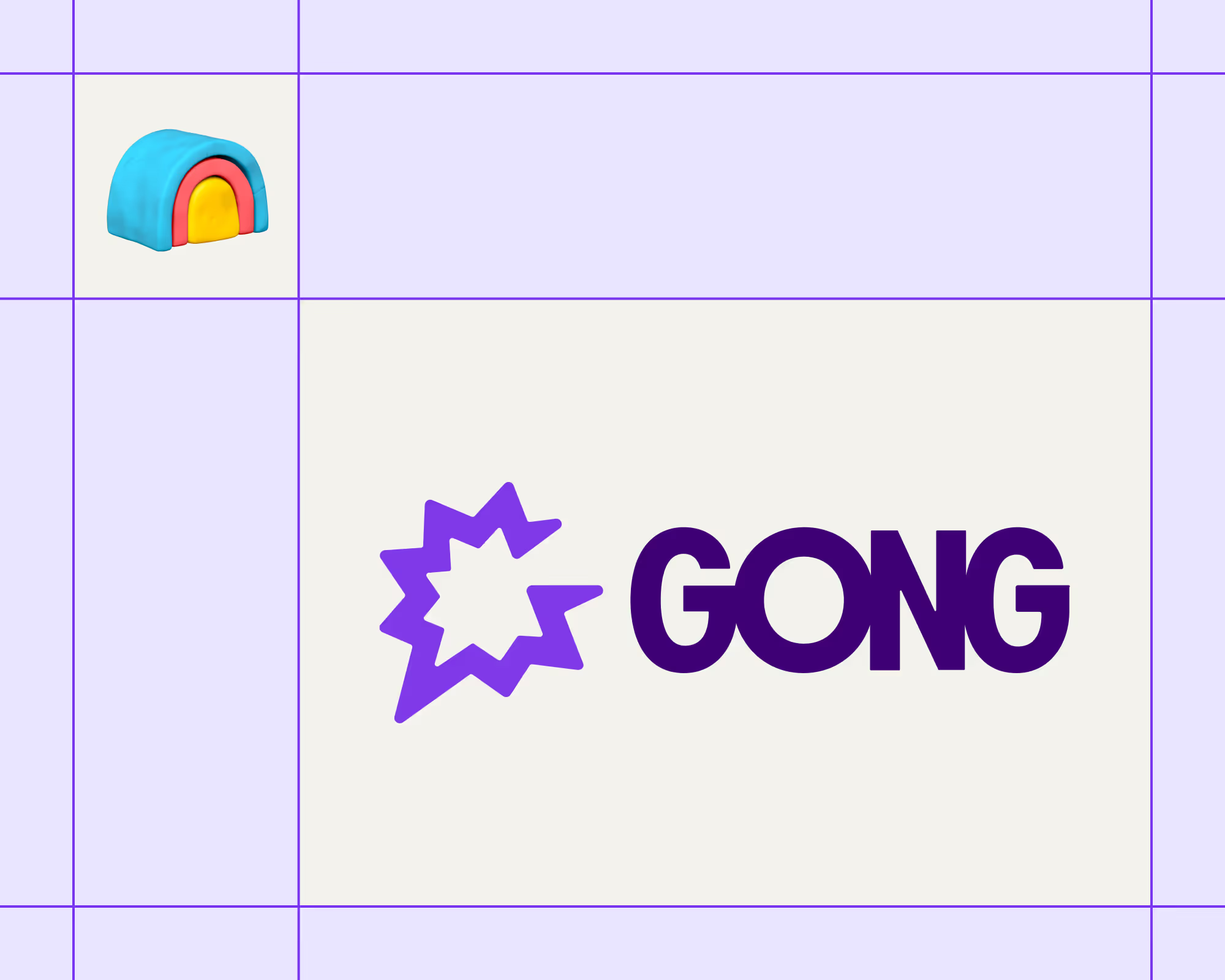

.avif)











.avif)
.avif)
















































